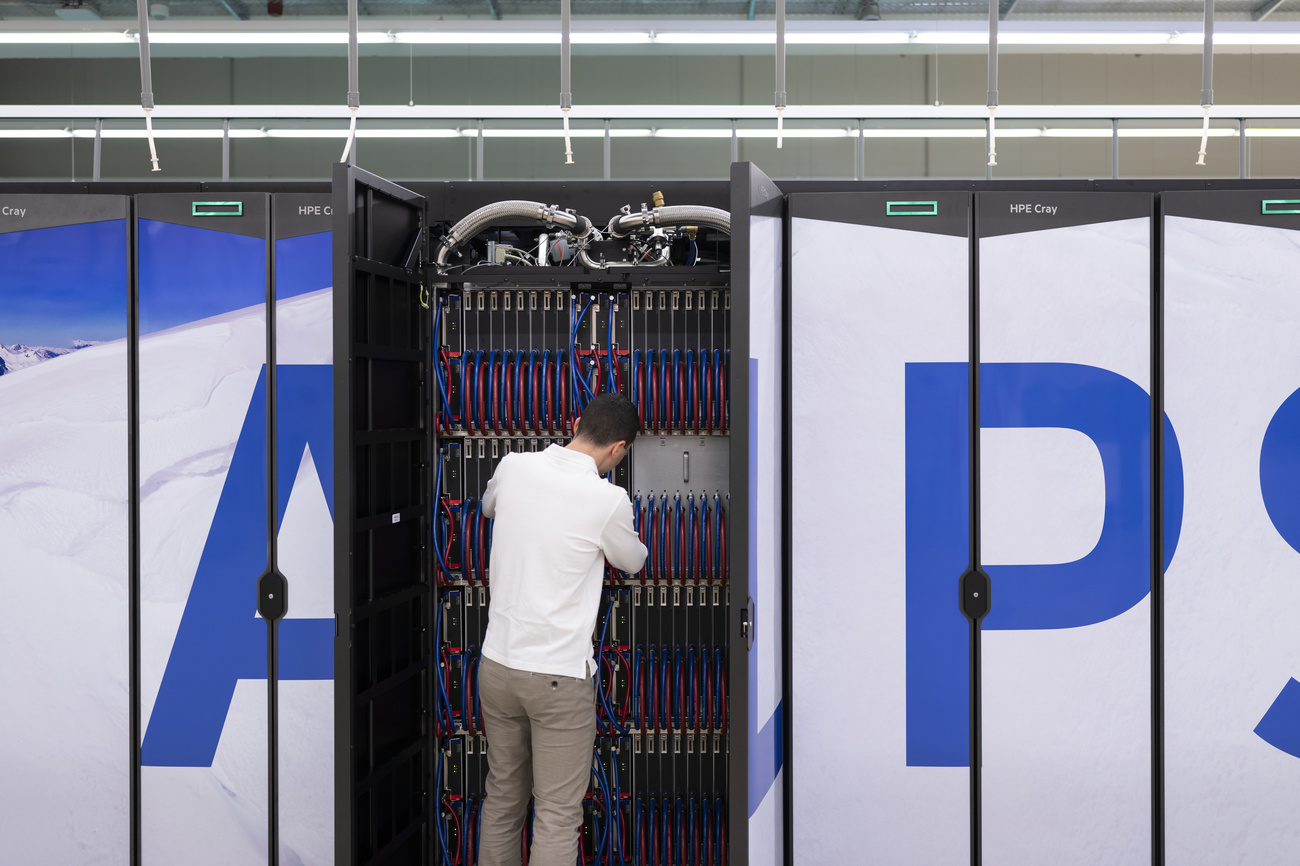Russia refits old tanks after losing 3,000 in Ukraine – research centre

By Mark Trevelyan and Greg Torode
LONDON (Reuters) -Russia has lost more than 3,000 tanks in Ukraine – the equivalent of its entire pre-war active inventory – but has enough lower-quality armoured vehicles in storage for years of replacements, a leading research centre said on Tuesday.
Ukraine has also suffered heavy loses since Russia invaded in February 2022, but Western military replenishments have allowed it to maintain inventories while upgrading quality, the International Institute for Strategic Studies said.
Even after the loss of so many tanks – including an estimated 1,120 in the past year – Russia still has about twice as many available for combat as Ukraine, according to the IISS’s annual Military Balance, a key research tool for defence analysts.
Henry Boyd, the institute’s senior fellow for military capability, said Russia had been roughly “breaking even” in terms of replacements. He estimated that it had put around 1,000 to 1,500 more tanks into service in the past year.
But of these, he said, 200 at most were newly built, and the large majority were refurbished older models.
“Moscow has been able to trade quality for quantity… by pulling thousands of older tanks out of storage at a rate that may, at times, have reached 90 tanks per month,” said the report.
Russia’s stored inventories meant Moscow “could potentially sustain around three more years of heavy losses and replenish tanks from stocks, even if at lower-technical standard, irrespective of its ability to produce new equipment”.
Russia’s defence ministry declined to comment.
TOUGH CHOICES FOR UKRAINE AND WEST
Nearly two years into the conflict, Ukraine and its Western partners face very difficult choices, the report said.
IISS senior land warfare analyst Ben Barry said Ukraine had tried to shield some of its younger troops – the average age of its infantry soldiers is reported to be in the early 40s – but may struggle to continue to do so.
“They have deliberately protected their youth, but the extent to which they can do that in future is doubtful if they are going to sustain their frontline strength,” he said.
Ukraine, which failed to make progress in a counter-offensive last year and has just replaced its popular commander Valeriy Zaluzhnyi, is also in urgent need of new artillery supplies and air defence systems, while awaiting a major new U.S. aid package that has been held up by Republican opposition.
“Western governments find themselves once again in a position where they must decide whether to furnish Kyiv with enough weapons to deliver a decisive blow, rather than merely enough not to lose,” IISS Director-General Bastian Giegerich said.
Russia, for its part, has placed its economy on a war footing and moved defence factories to round-the-clock production in three shifts.
“It’s an astounding figure,” said Singapore-based defence analyst Alexander Neill, referring to the estimate of 3,000 tanks lost.
“Some of those could have been older tanks, so one of the big questions is how many of its most advanced tanks does it have left for any major future offensives,” added Neill, an adjunct fellow at Hawaii’s Pacific Forum think-tank.
Given the losses sustained by both sides and the attritional character of the trench warfare, IISS experts said the current stalemate was likely to persist.
“Neither side can do a large-scale attack without incurring very heavy casualties, and that’s likely to continue for the foreseeable future,” IIIS land warfare analyst Barry said.
(Reporting by Mark Trevelyan in London and Greg Torode in Hong KongEditing by Gareth Jones)






